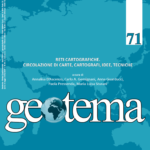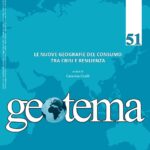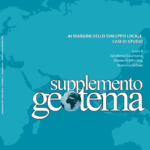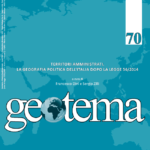Gian Luigi Corinto
Il tango brasiliano. Dalla “musica negra” a “Le boeuf sur le toit” e alla bossa nova
Abstract: Brazilian tango, between Lowbrow and Highbrow Cultures
During the period of big migrations from Europe to Latin America, music has been the occasion for meetings among migrants coming to Brazil form several world places and diverse cultures. Undoubtedly, the music practice was a strong opportunity for miscegenation. Since the 1860s, especially in urban conditions, a particular form of popular music arose, the Maxixe, also named ‘Brazilian tango’, yet considered vulgar and immoral. It descended form the Choro genre, which rooted both in african and european music cultures. Since the end of 1800 and the beginning of 1900, the identity of Brazil has been built by means of cultural activities, promoted by intellectuals and politicians, even including music. The works of Brazilian musicians as Ernesto Nazareth and Chiquinha Gonzaga have been ‘cannibalized’ by the french erudite musician Darius Milhaud in his 1920 musical ballet Le boef sur le toit. In its turn the western musical culture has been ‘digested’ by eminent composers such as Antonio Carlos Jobim and Joao Gilberto, who have posed a worldwide known Brazilian identity through Bossa nova and Jazz samba musical genres, and giving sense to a localized cultural miscegenation.
Keywords: music migration, Brazil, Choro, identity, culture mix, popular and educated music.
GEOTEMA_50_14_Corinto








